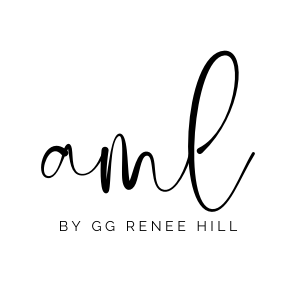words in the body
october 1 | weekly warm-up
image by: @nuvaproductions
Writing from the body invites us to write and listen to our senses for wisdom and insights. Write a letter from your body to you. You can decide how you want to conceptualize the essence of “you”. Maybe your body is writing to your soul.
What does your body remember? What does your body want you to know? If your body was a messenger, what message does it have for you? As you write, take on the body’s point of view: how it knew what it knew, what it sensed, experienced, and felt.
This prompt can be used again and again to uncover material by focusing on different parts of the body. You can also narrow your focus by choosing a specific period of time like childhood, pregnancy, a time of illness, etc. You can also consider what your body has to say in different states: during exercise, during an argument, in stillness, and so on.
“Your words are in your body. A writer’s best thinking arises from your organs, not your brain.” — Amy Torres
Have you ever considered that your stories don’t live in your head, that your mind is just a translator of what your body is communicating? Can you let that sink in for a moment and imagine how that concept could impact your creative expression?
Many of us live in our heads, often dissociated from our bodies. In her article, “Your Words Are in Your Body”, Torres says, “Humans tend to divorce themselves from the body in order to endure pain. We do it with chronic shallow breathing patterns, tensing our muscles, numbing ourselves with substances, activities, social media, etc.”
I’ve always been preoccupied with my feelings, particularly the thoughts that I attached to them. It wasn’t until the late 2010’s when I began the trial-and-error journey of figuring out how to manage anxiety that I started to question my thoughts and get curious about what was going on in my body. By slowing down and incorporating mindfulness practices like meditation, I started paying attention to my body and its non-verbal wisdom. Instead of blindly making assumptions and reacting to the energy of my feelings, I began learning how to extract information from my bodily sensations. Soon I could differentiate between different anxious feelings: danger, excitement, anticipation. How did each one feel? How were they different? How did I react to them?
In Women Who Run with The Wolves, Clarissa Pinkola Estes says, “The body remembers, the bones remember, the joints remember, even the little finger remembers. Memory is lodged in pictures and feelings in the cells themselves.”
The more I study creativity, the more my mind opens to the mysterious ways we access our creative powers. When we take a full-bodied approach to writing, we can take the pressure off our minds and access the truths that live in our bodies on a cellular level.
Even if you feel some initial resistance to this concept, it’s worth exploring. What if the questions, clues, themes, and obsessions that you go around and around in your mind about each day, all have answers in your breath? In your belly? In your hands, arms, and legs? Your brain is just one part of our creative power.
Let’s explore what happens when we give our bodies a voice and see where it takes us in our writing.

